Publications for tag «economics»

The BRICS have a very contradictory image: some fear or pin a lot of hopes on them as a rising hegemonic alliance, a champion of the Global South, while others are much more sceptical, arguing that the interests of their core members are too contradictory for the BRICS to act as a unified entity in global politics. But does the BRICS really represent the Global South? And how do they compare as an institute of non-hegemonic internationalism to the Third World organisations that defined the 20th century, such as the Non-Aligned Movement and the Group of 77?
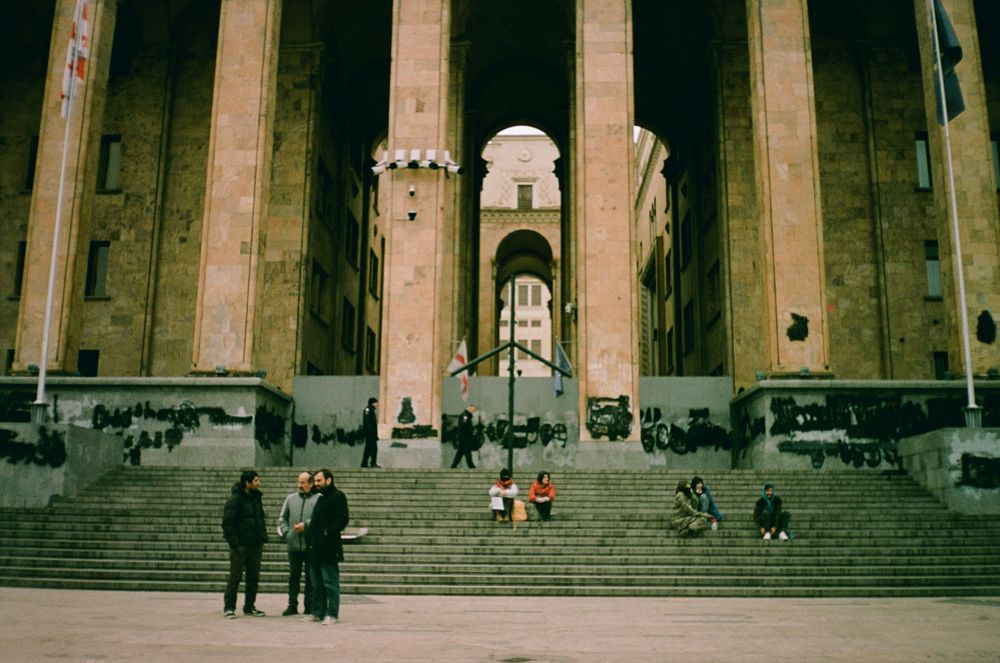
For several years now, the Georgian protests have been attracting international attention. From March 2023 to the end of 2024, people took to the streets every day, despite police violence and criminal prosecution. Georgians opposed laws modeled on Russian legislation, challenged the re-election of the ruling Georgian Dream party, and protested against the rejection of European integration. Journalist Sasha Fokina spoke with Georgian left-wing activists, who described the state of civil society after the protests.
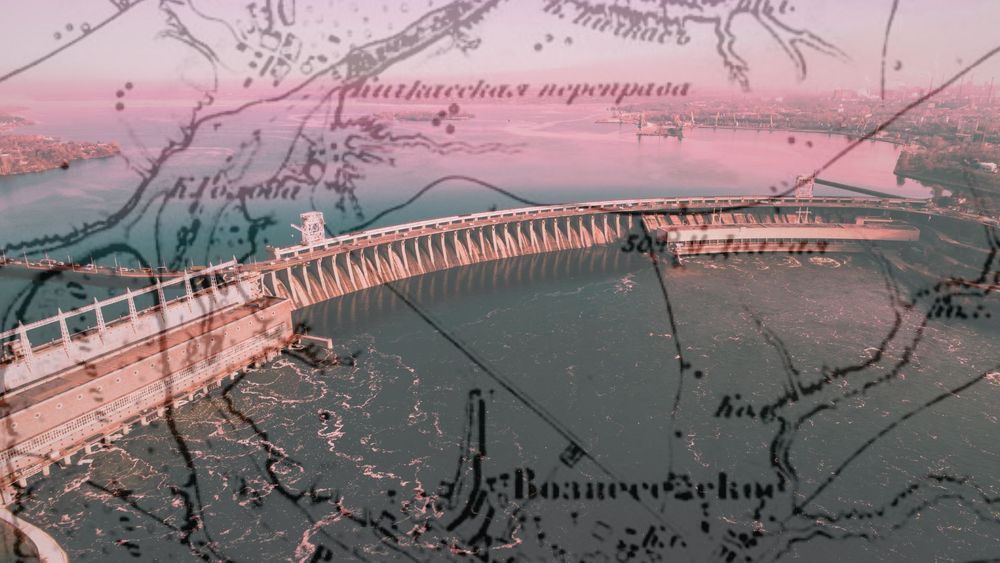
Ukraine’s energy infrastructure is a major Russian military target. But the system also faces another enemy: climate disasters putting ever more strain on the power grid.
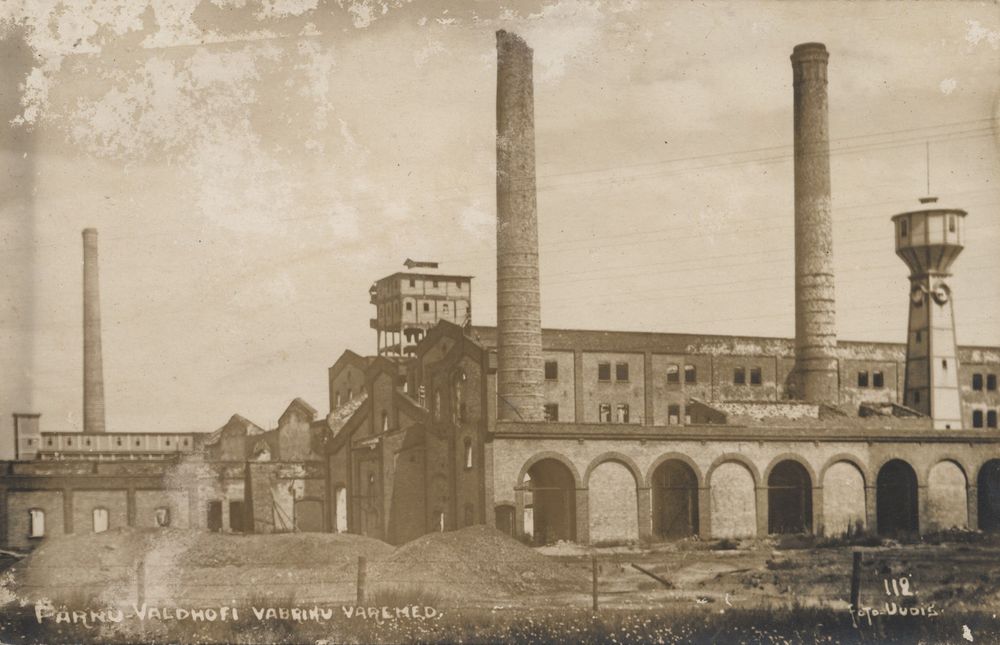
It often seems that the problem of industrial pollution of the environment is a fairly new phenomenon, which became a topic of wide social discussion only in the second half of the 20th century. Even more novel is the attempt to link environmental problems with issues of state security and protectionist measures. Historian Andrei Vinogradov, using the example of the Waldhof paper mill in Pärnu, shows that more than 120 years ago, issues of exploitation of nature, the imperialist confrontation between the “great powers” and the destruction of the traditional way of life of indigenous peoples were closely intertwined, and environmentalists often had to appeal to “state interests”, to be heard.
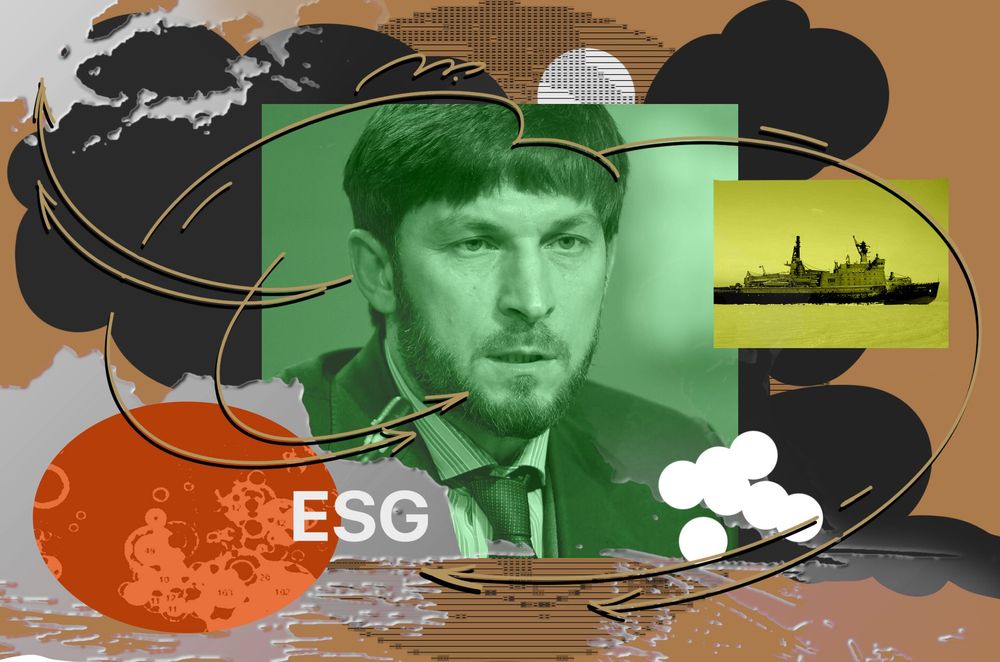
Given its powerful oil oligarchs, it’s easy to assume Russia is the quintessential climate denier. Yet the rise of corporate ESG policies in the country suggests Russian capital wants to greenwash just as much as its Western peers.
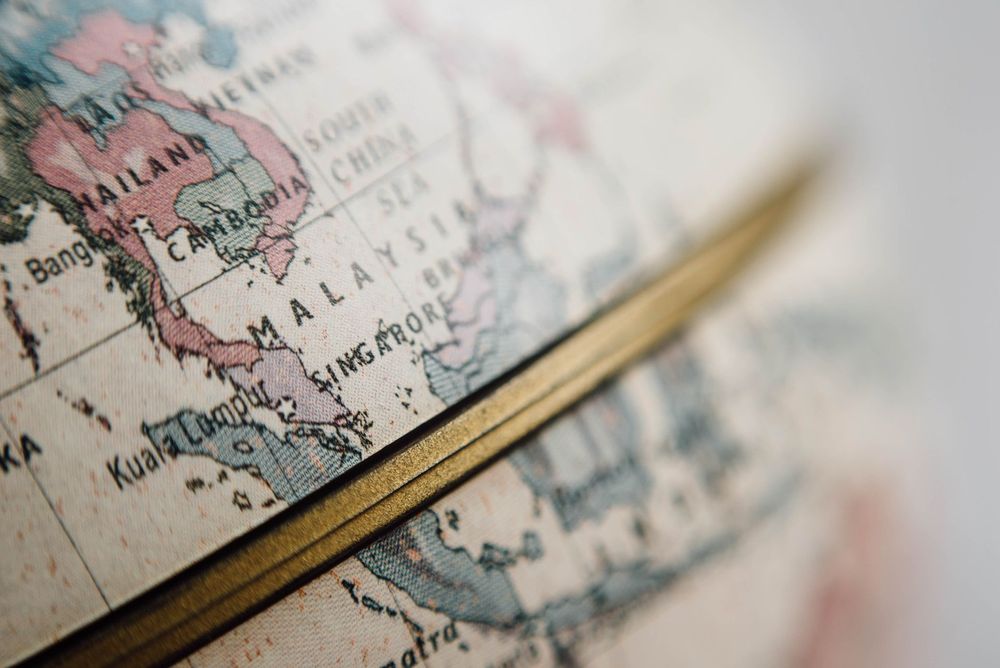
September sat down with Quinn Slobodian, author of Globalists: The End of Empire and the Birth of Neoliberalism and Crack-Up Capitalism: Market Radicals and the Dream of a World Without Democracy to discuss his books, the history of neoliberal and libertarian ideas in the 20th and 21st centuries, the war in Ukraine and the current state of the left-wing movement.

Big business, it seems, is that segment of the Russian elite which has lost most of all in the last year. Russian oligarchs have transformed from yesterday’s welcome guests in London, Monaco or Nice into personae non-grata. Their accounts are emptying, the list of Forbes billionaires is shrinking, and maintaining their usual standard of living is no longer sustainable. However, the ‘revolt of the oligarchs’ expected by many did not happen. We will try to understand how realistic such expectations were, why big business remains an organic part of the Russian political regime without requesting democratisation, and what has changed in its position within the system over the last year.

It appears that in recent days Russia has been labeled ‘neoliberal’ with increasing frequency. At the very least, this is surprising for the country, where the degree of the state’s involvement in the economy is as significant as it is in Russia and where the president publicly criticizes “neoliberalism.” Is it fair to discuss Russian neoliberalism? In our new text, we attempt to explore why the mainstream approach to the Russian political dynamics is often remote from reality (as, for instance, in the case of the view that the current President subjected “the oligarchs” to his own interests and deprived them of ability to influence politics), whereas the theoretical framework of neoliberalism can explain much about today’s Russia.

At the end of October, Arshak Makichyan, a climate activist and Fridays for Future participant, and three of his family members — his father and two of his brothers — were stripped of their Russian citizenship by court order. Russian citizenship was the only one they had; the family had moved to Russia from Armenia when Arshak was one year old. The court ruled that Russian passports had been issued to them illegitimately; in the case of the Makichyans, some documentation was missing, which the Ministry of Internal Affairs itself lost during their registration. In February 2022, Arshak had declared his anti-war position, and a month later left Russia. He is now sure that the decision of the court was caused by his civil position. September discussed with Arshak the significance of this precedent for activism in Russia and the connection between anti-war and environmental protest, as well as the COP27 summit, the strategy and tactics of the climate movement, and prospects for a green transition.

September spoke with Baiel Isayev, a Marxist and member of the organization KYRGSOC, about the socio-economic problems in Kyrgyzstan, the structure of Kyrgyz society, the impact of the Russian-Ukraine war on the region, and attitudes towards the Soviet past.


